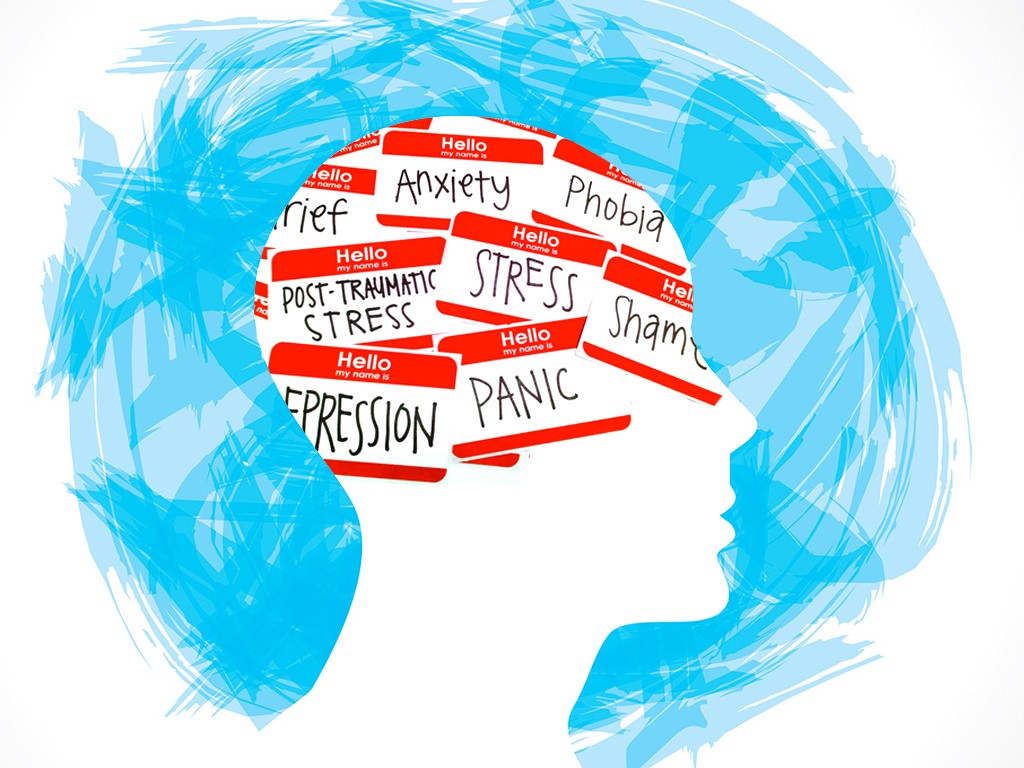Summer vacation is often depicted as a time of sunshine, freedom, and relaxation—a welcome break from the rigors of the academic year. For students, it’s a period to unwind, explore new activities, and spend time with family and friends. However, beneath the surface of this idyllic portrayal, there are significant mental health challenges that can arise during the summer months. While the break can provide much-needed respite for some, for others, it may exacerbate feelings of anxiety, loneliness, and stress, highlighting the complex relationship between summer vacation and mental health.
The Loss of Routine and Structure
One of the most significant changes during summer vacation is the sudden loss of the routine and structure that school provides. For many students, the school year is characterized by a predictable schedule—classes, extracurricular activities, and social interactions. This routine can offer a sense of stability and purpose, which is particularly important for students prone to anxiety or those who thrive on structure.
When summer vacation begins, this structure disappears. Without the daily rhythm of school, some students may struggle to fill their time meaningfully. The absence of a schedule can lead to feelings of aimlessness and boredom, which can quickly spiral into anxiety and depression. This is particularly true for students who rely on school as a primary source of social interaction and support. The sudden loss of this social network can leave them feeling isolated and disconnected.
Social Isolation and Loneliness
While summer is often associated with social activities, not all students have the same opportunities to engage with peers. For some, summer vacation can be a time of profound loneliness. Students who live in rural areas, those with fewer financial resources, or those who struggle to form friendships may find themselves isolated during thesummer break impact mental health. Without the built-in social interactions that school provides, these students may feel increasingly lonely.
Loneliness can have severe consequences for mental health, particularly for young people who are still developing their social identities. Prolonged periods of isolation can lead to feelings of worthlessness, depression, and anxiety. In extreme cases, it can even contribute to suicidal ideation. The perception that everyone else is enjoying a carefree, socially vibrant summer can exacerbate these feelings, leading to a sense of being left out or “different.”
The Pressure to “Have Fun”
Another often-overlooked aspect of summer vacation is the pressure to have fun and make the most of the time off. Social media plays a significant role in amplifying this pressure. As students scroll through Instagram or Snapchat, they are bombarded with images of their peers at the beach, traveling, or attending parties. This constant exposure to others’ seemingly perfect summer experiences can create unrealistic expectations and feelings of inadequacy.
For students who are unable to participate in such activities—whether due to financial constraints, family obligations, or personal preferences—this can lead to a sense of failure. The pressure to have an “ideal” summer can be overwhelming, especially when it feels like everyone else is living up to the standard. This can result in increased anxiety and a sense of dissatisfaction with one’s own experiences.
The “Summer Slide” and Academic Anxiety
For students who struggle academically, summer vacation can also bring about significant stress related to the “summer slide.” The term refers to the academic regression that can occur when students are not engaged in educational activities during the summer months. This phenomenon is particularly pronounced in students from lower-income families, who may not have access to the same educational resources as their wealthier peers.
The fear of falling behind academically can lead to heightened anxiety as the new school year approaches. Students may worry about their ability to catch up or meet the expectations of their teachers and parents. For those already struggling with academic pressure, this anxiety can become overwhelming, contributing to a negative cycle of stress and underperformance.
Coping Strategies and Support Systems
Given the potential mental health challenges associated with summer vacation, it is essential to provide students with coping strategies and support systems to navigate this period. Parents, educators, and mental health professionals can play a crucial role in helping students manage the transition from school to summer and back again.
Encouraging students to maintain a loose but consistent routine during the summer can help alleviate the stress of a completely unstructured day. Activities such as reading, exercise, and creative pursuits can provide a sense of purpose and accomplishment. Additionally, facilitating opportunities for social interaction—whether through summer camps, clubs, or community activities—can help mitigate feelings of loneliness.
For students experiencing significant anxiety or depression, professional support may be necessary. Therapists and counselors can work with students to develop coping mechanisms, manage expectations, and address underlying mental health concerns. Schools can also play a role by providing resources and support for students during the summer months, ensuring that they have access to the help they need even when school is not in session.
Conclusion
Summer vacation, while often viewed as a time of relaxation and joy, can also present significant mental health challenges for students. The loss of routine, social isolation, pressure to conform to idealized notions of summer fun, and academic anxiety are just some of the issues that can arise. By recognizing these potential challenges and providing the necessary support, we can help students navigate the summer months in a way that promotes their mental well-being, ensuring that the sunshine of summer doesn’t cast a shadow over their mental health.



